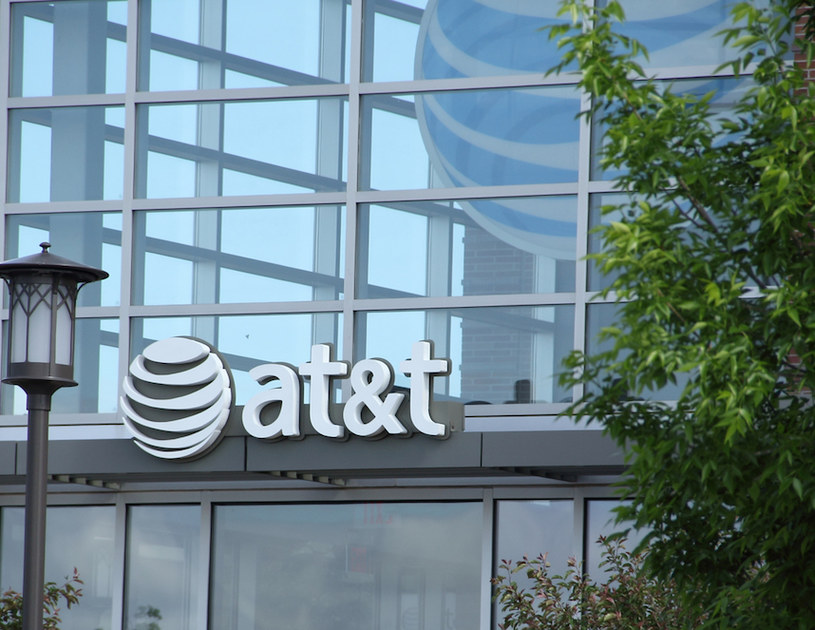California Labor Law: High-Tech Firms Allegedly Violated Antitrust Laws

According to the Daily Reporter (4/5/13), the lawsuits were filed against Apple, Google and other high-tech companies, and alleged the technology firms worked together to prevent employee wages from rising and further to stop employees from leaving their employers. Among the allegations are that the firms enacted an anti-poaching provision, preventing other firms from approaching a company’s top employees. Furthermore, the lawsuits allege, workers who approached other companies for employment were turned away if they were already employed by one of the companies involved in the scheme.
Plaintiffs, software engineers who worked for the defendants, argue that the anti-poaching provisions prevented employees from finding higher-paying employment at other companies and artificially diminished demand for their services, which then kept their wages down because it was more difficult for the employees to undertake negotiations for better salaries. The lawsuits sought class-action status, but a judge recently determined that the individual circumstances of each employee were too different to allow for a class complaint.
An investigation by the US Justice Department resulted in a settlement with some of the companies involved in the lawsuit, although the companies did not admit wrongdoing.
Business Insider (4/6/13) reports that other firms involved in the lawsuits include Intel, Adobe, Intuit, Pixar and Lucasfilm. Although the judge denied class-action status, lawyers for the plaintiffs have the opportunity to request class-action status again, but with a more narrowly defined group.
The companies tried last year to have the lawsuits dismissed, but according to Reuters (4/19/12), Judge Lucy Koh, rejected that bid, finding that the six agreements were identical and reached in secrecy, indicating they were the result of collusion and not coincidence.
The case is In re: High-Tech Employee Antitrust Litigation, District Court, Northern District of California, No. 11-02509.
Meanwhile in a different lawsuit, a settlement has reportedly been reached between Tata Consultancy Services Inc and employees from India, who alleged they were forced to give their employer their tax refund checks. Thomson Reuters (4/9/13) reports that the settlement will see the defendant, who has admitted to no wrongdoing, pay $29.75 million.
The case is Gopi Vedachalam and Kangana Beri v. Tata Consultancy Services and Tata Sons, U.S. District Court for the Northern District of California, No. 06-00963.











No Comments